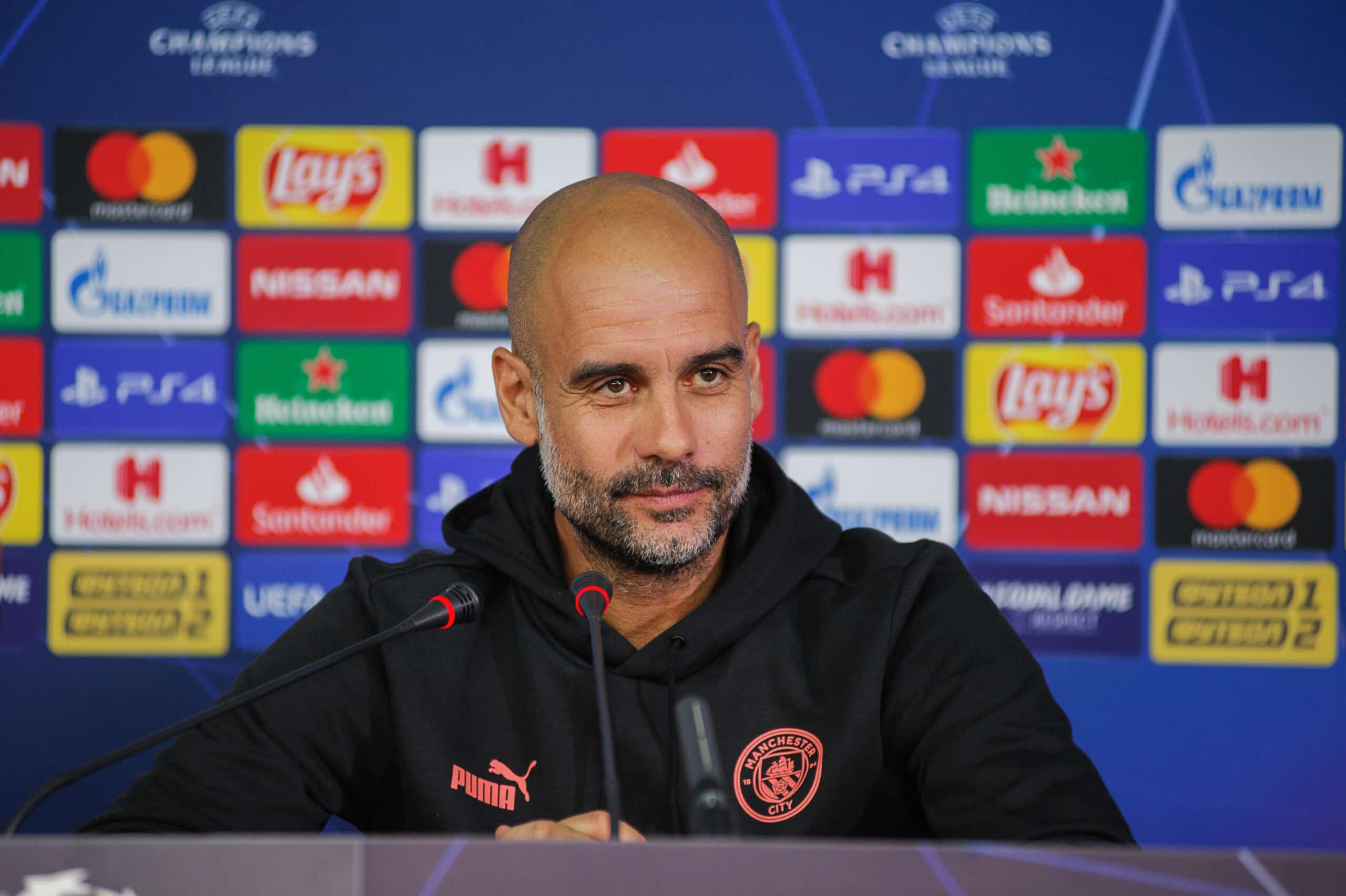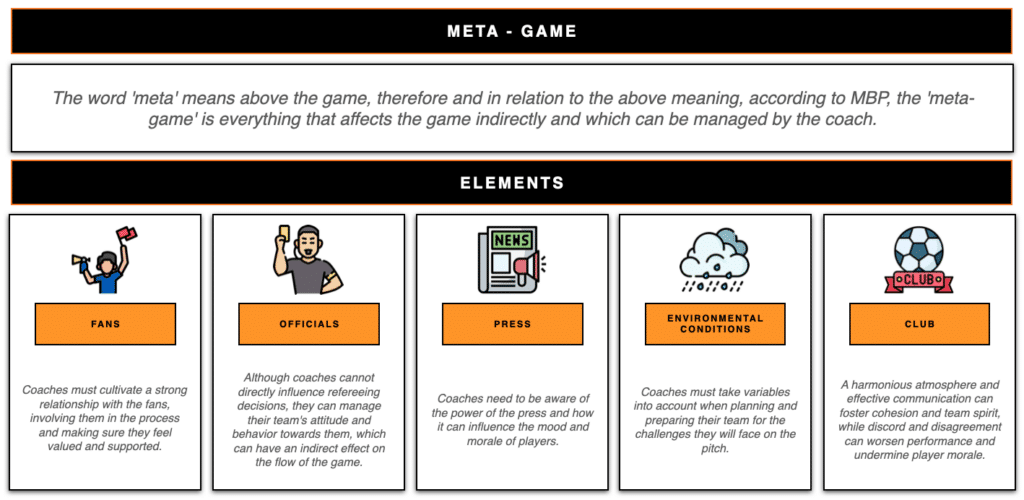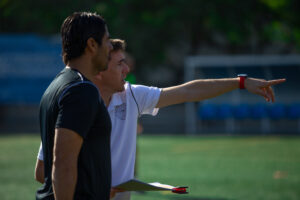Football, like any other sport, is much more than what happens on the pitch. Behind every match there is a complex web of influences, interactions and elements that, although not visible to the naked eye, have a significant impact on the development of the game and the performance of the teams.
In this sense, it is crucial to understand and address what is known as the ‘meta-game’.
As discussed in previous blogs, the term meta-game may be unfamiliar to many, but its meaning is clear: it refers to everything that affects the game indirectly and that, although not directly manifested on the pitch, is managed by the coach.
To better understand the concept of the meta-game, it is useful to draw on Bronfenbrenner’s ecological systems theory. According to this approach, the development of the individual is influenced by the different environments and contexts in which he/she develops. At the same time, play also influences the state of external elements.
Therefore, which external elements can influence the game?
-
The Fans
Fans are the heart and soul of football. Their passion, energy and loyalty are powerful forces that can influence the course of a match. The unconditional support of the fans can lift the players’ spirits and become an extra boost at crucial moments. However, they can also generate additional pressure when things are not going well. Therefore, coaches should cultivate a strong relationship with the fans, involving them in the process and making sure they feel valued and supported.
-
The Officials
Referees are the guardians of the laws of the game, but their role goes beyond simply enforcing them. Their interpretation of actions on the field can have a significant impact on the outcome of a match. The introduction of VAR has added an additional layer of complexity, as there are now more opportunities to review decisions and correct errors. Although coaches cannot directly influence refereeing decisions, they can manage their team’s attitude and behaviour towards the referee’s decisions, which can have an indirect effect on the flow of the game.
-
The Press
The media play a key role in the broadcasting and promotion of football. From match coverage to player interviews, the sporting press has a significant impact on public perception of the game and its players. Coaches need to be aware of the power of the press and how it can influence the mood and morale of the players. At the same time, they can also use the media as a tool to communicate key messages or manage the narrative around the team.
-
Environmental Conditions
The physical environment in which a match takes place can also affect the game significantly. Factors such as temperature, altitude and pitch conditions can influence the performance of players and the style of play adopted by teams. Coaches should take these variables into account when planning and preparing their team for the challenges they will face on the pitch.
-
The Club
The football club is the core around which all sporting and organisational activity revolves. Internal relationships within the club, including those between the coaching staff, management and players, can have a significant impact on team performance. A harmonious atmosphere and effective communication can foster cohesion and team spirit, while discord and disagreements can worsen performance and undermine player morale.
Conclusions
The meta-game in football is a complex and multifaceted phenomenon that encompasses a wide range of influences and factors. For coaches, understanding and managing these elements is critical to maximising team performance and achieving success on the pitch. By recognising the importance of the fans, the refereeing team, the media, environmental conditions and internal club dynamics, coaches can make informed decisions and design effective strategies that address not only what happens on the pitch, but also everything that surrounds it.









